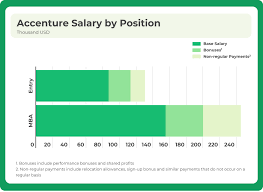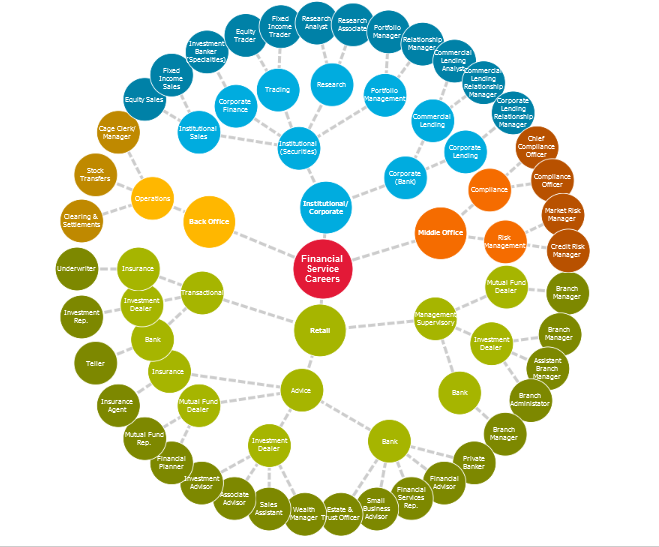
If you are wondering how to move financial advisors, this is the place for you. There are a few things you should remember whether you decide to switch firms. First, be positive about your financial advisor. You may need his help in the future. Second, make sure you get his transaction history. This will help your new financial advisor get up to speed.
Transferring non-transferable assets
Certain clients may have the option of moving non-transferable assets to new financial advisors. This can reduce tax consequences. Non-transferable assets cannot be sold by an advisor, unlike transferable securities. Your advisor can decide what to sell, and when. This can allow you to make gradual gains or loses.
Before you move forward with the process to switch financial advisors you should review all contracts with your former advisors. To ensure you don't have any restrictions on your assets being transferred to your new advisor, make sure you carefully review your contract. You may be required to give notice, or pay termination fees.

Avoiding unpleasant surprises
It is important to choose the right advisor for your needs if you are thinking about changing financial advisors. As a responsible investor, you want to make sure your advisor helps you reach your financial goals. Although it's difficult to make the right investment, there are some things you can do to avoid unwelcome surprises. Find out how highly your advisor values their work, and how you can hold them accountable.
Read the contract carefully before you decide to change financial advisors. Ask about any fees. Ask about fees, as well as the minimum holding period required for non-transferable property. Ask about the fees involved, including redemption fees. Also, ask if your previous advisor charges a fee to transfer assets. While it may be uncomfortable to change financial advisors, the process is better than working with an advisor who's not right for you for an indefinite period of time.
Costs associated with switching financial advisors
Although switching to financial advisors may save you money, there is a cost. This includes the time and effort required to transition client accounts and build new client relationships. This cost can be hard to quantify but it usually amounts to 5 percent of your annual productivity. You will spend approximately $50,000 on opportunity costs if your company is worth a million dollars.
It is difficult to move your financial assets. You need to not only find a new advisor but also discuss your preferences and needs with them. It is important that your advisor has enough knowledge about you to make informed recommendations. Identify your biggest financial goals and communicate these clearly. Once you've identified your new financial advisor, evaluate the costs involved in transferring your account(s). Ask your current advisor for information about fees when you transfer your account. Review your agreements. Sometimes, you can even sign agreements electronically with your new advisor.

Finding a "forever" match
There are several steps you can follow to make the transition from financial advisor to client as seamless as possible. Many financial advisors build long-lasting relationships with clients. They may have helped you start with personal finance, set up retirement accounts, or signed you up to life insurance. In either case, these relationships can be invaluable to your financial health.
Your financial records should be reviewed with your advisor. You should also review the credentials and experience of your advisor. Make sure that they are competent to handle your assets. It is important to check that your advisor has a license to handle your accounts. There are some advisors who are not allowed to have certain assets. Make sure you have a copy of your transaction history before you transfer any assets.
FAQ
Who hires consultants?
Many organizations hire consultants to assist with projects. These can include small businesses and large corporations, government agencies as well non-profits and educational institutions.
While some consultants work for these companies, others are freelancers. The process of hiring depends on the size and complexity the project.
Many rounds of interviews are required when hiring consultants. Then, the final decision will be made about who you believe is best for the job.
What is the secret to modern consulting?
The first consultants were actually accountants who would help companies manage their finances. They became known as "accounting consultants." This was because they had become very skilled at managing financial information. But, their role soon expanded to other areas such as human resource management.
The French word "to advise" is the origin of the term "consultant". It was first used by businessmen to refer to someone who could give advice about how to run an organisation. Many business owners use the term "consultant" to describe any professional advisor.
Can anyone be an advisor?
Consultants are people who help you reach your goals by giving advice about how to make it better, faster, or cheaper.
You may need a consultant to help you with problems, make decisions or negotiate with others.
Consultants are often hired for specific projects or tasks.
In fact, most consultants are paid hourly or daily rates rather than per project.
Can consulting be considered a real job?
Consulting is not only a good entry-level job for people looking to make quick money.
Consulting can offer many career opportunities, such as project management and business development. You might find yourself working on projects ranging from small start-ups to large-scale international corporations.
Consulting gives you the chance to grow and develop your skills. This could be learning to manage people, write proposals and manage budgets, analyze data and create presentations, or conduct market research.
Statistics
- On average, your program increases the sales team's performance by 33%. (consultingsuccess.com)
- 67% of consultants start their consulting businesses after quitting their jobs, while 33% start while they're still at their jobs. (consultingsuccess.com)
- Over 50% of consultants get their first consulting client through a referral from their network. (consultingsuccess.com)
- Over 62% of consultants were dissatisfied with their former jobs before starting their consulting business. (consultingsuccess.com)
- My 10 years of experience and 6-step program have helped over 20 clients boost their sales by an average of 33% in 6 months. (consultingsuccess.com)
External Links
How To
What should I do to get started with a consulting business?
A consulting business is a great way of making money online. You don't have to have any business experience. It is possible to create a website to launch your consulting business. Once you have a website built, you can start using social media platforms such Instagram and Pinterest to spread the word about you services.
With these tools, you can put together a marketing plan that includes things like:
-
Writing content (blogs).
-
Establishing relationships (contacts).
-
Generating leads through lead generation forms
-
Selling products (eCommerce websites)
Once your marketing strategy is developed, you need to find clients willing and able to pay for your services. While some prefer to network through events and networking groups, others prefer to use online tools like Craigslist or Kijiji. It's up to you to make the decision.
After you have found new clients, it's important to discuss terms and payment options. This could include flat fee contracts, hourly fees or retainer agreements. So that you are able to communicate clearly during the entire process, it is important to understand what you expect from a client before you accept them.
An hourly agreement is the most common contract for a consulting service. This type of contract requires you to provide certain services at fixed rates each week or month. You may be eligible to negotiate a discount, depending on the service that you offer. Before you sign a contract, ensure you understand everything.
Next, create invoices. Send them to your clients. Invoicing is one thing that looks simple until it's actually done. You have many options to invoice your clients. For instance, some prefer their invoices to be emailed directly to clients while others prefer hard copies to be mailed. No matter what you do, make sure it works!
After you've finished creating invoices, you'll want to collect payments. PayPal is the most popular payment option because it's easy to use and provides multiple payment options. Other payment processors, like Square Cash or Google Wallet, Square Cash or Apple Pay, Venmo and Venmo are also available.
Once you are ready to start collecting payments, it is time to open bank accounts. Separate checking and savings accounts allow you to keep track of income and expenses separately. Automated transfers into your bank account are a great way to pay bills.
While starting a consultancy company may seem daunting, once you master the basics, it becomes easy to manage. You can read our blog post to learn more about how to start a consultancy business.
Starting a consulting firm is a great way to earn extra cash without worrying about employees. Consultants can work remotely so they don't have the hassle of dealing with office politics and long working hours. Since you are not tied down by regular working hours, you have more flexibility than a traditional employee.